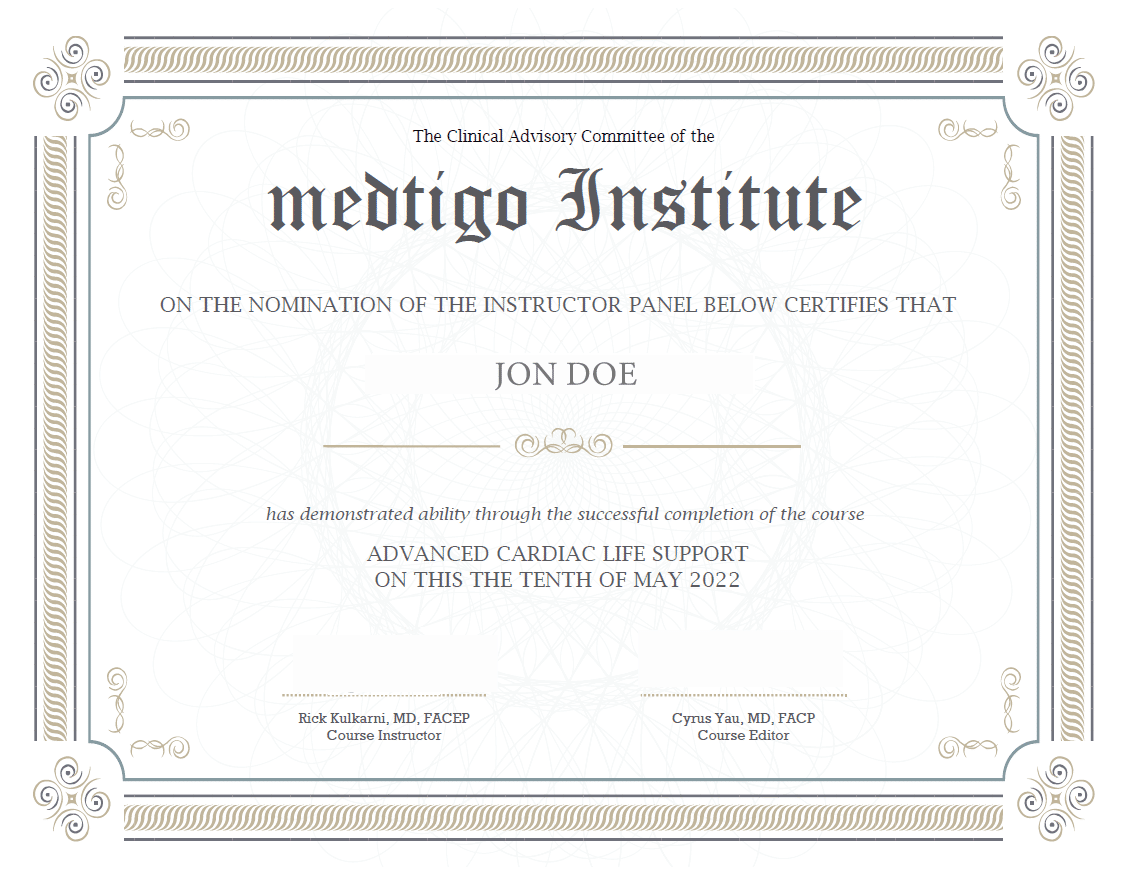In a significant healthcare development, over 13 million Americans have lost their Medicaid coverage in 2023, with Texas emerging as the epicenter of this crisis. This situation, known as Medicaid “unwinding,” follows the resumption of eligibility checks that were paused during the Covid-19 pandemic. The unwinding process, which began in April, has led to widespread disenrollment, affecting millions of families across the United States
The story of Erica Olenski, a single mother from McKinney, Texas, exemplifies the human impact of this bureaucratic upheaval. Her son August, a 5-year-old brain cancer patient, faced the risk of losing his Medicaid coverage due to administrative complications. This coverage was crucial for August, covering essential treatments like radiation and providing round-the-clock nursing care. The Olenski family’s struggle is not isolated; it mirrors the experiences of many who find themselves navigating the complexities of the Medicaid unwinding process.
During the pandemic, the federal government had frozen Medicaid eligibility checks as part of its public health emergency response. This policy allowed continuous enrollment without the risk of disenrollment, ensuring uninterrupted access to healthcare during a critical time. However, with the lifting of the emergency measures in spring, states began reassessing the eligibility of Medicaid recipients on a large scale. This shift has led to a significant reduction in Medicaid enrollment, with a net decrease of approximately 7.8 million, according to analyses by health policy organizations.
The unwinding process has predominantly affected individuals for procedural reasons, such as missing or incomplete paperwork. In Texas alone, around 1.7 million people have been disenrolled this year, making it the state with the highest number of disenrollments in the U.S. The Texas Health and Human Services Commission has been actively working to address these issues, reinstating coverage where necessary and resolving administrative hurdles.
The impact of Medicaid unwinding is particularly pronounced among children. Net enrollment for children on Medicaid has declined by over 3.2 million in 2023. This decline in child enrollment is alarming, as it suggests that many children may be left without essential healthcare coverage.
Healthcare experts and advocates express concern over the consequences of losing Medicaid coverage, especially for those with chronic diseases or disabilities. A lapse in coverage can lead to worsening health conditions and increased medical costs in the long term. The unwinding process also places an additional burden on healthcare providers and community health centers, which often serve as a safety net for those who lose their Medicaid benefits.
The Medicaid unwinding crisis underscores the critical role of Medicaid in providing healthcare to low-income individuals and those with disabilities. It also highlights the challenges and inefficiencies in the healthcare system, particularly in managing large-scale administrative processes like eligibility checks. As the unwinding continues, it is crucial for state and federal agencies to work collaboratively to ensure that eligible individuals maintain their Medicaid coverage and that the process is as seamless and error-free as possible.
In conclusion, the Medicaid unwinding in Texas and across the nation poses significant challenges for millions of Americans. It calls for urgent attention and action from policymakers and healthcare administrators to mitigate its impact and safeguard the health and well-being of the most vulnerable populations.
News Reference
Millions of people lost Medicaid this year due to the “unwinding.” (2023). Retrieved from https://www.nbcnews.com/health/health-care/medicaid-unwinding-texas-rcna131366











